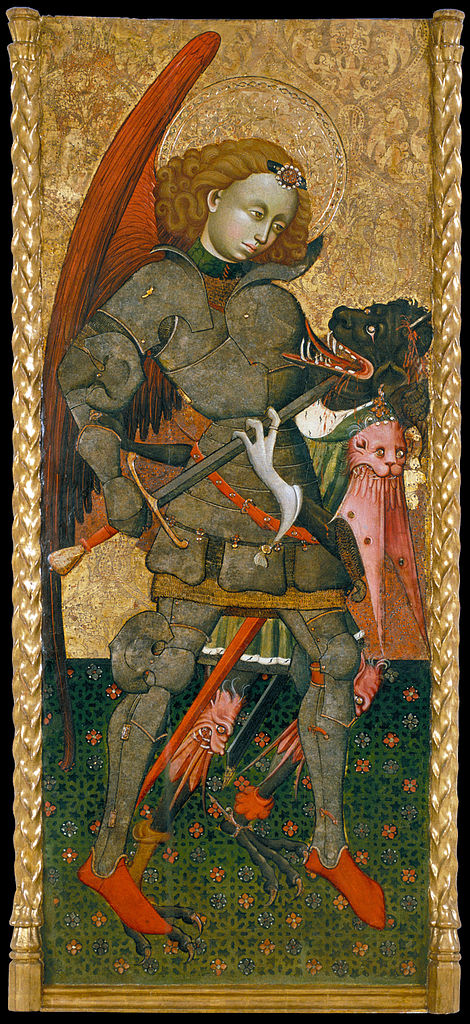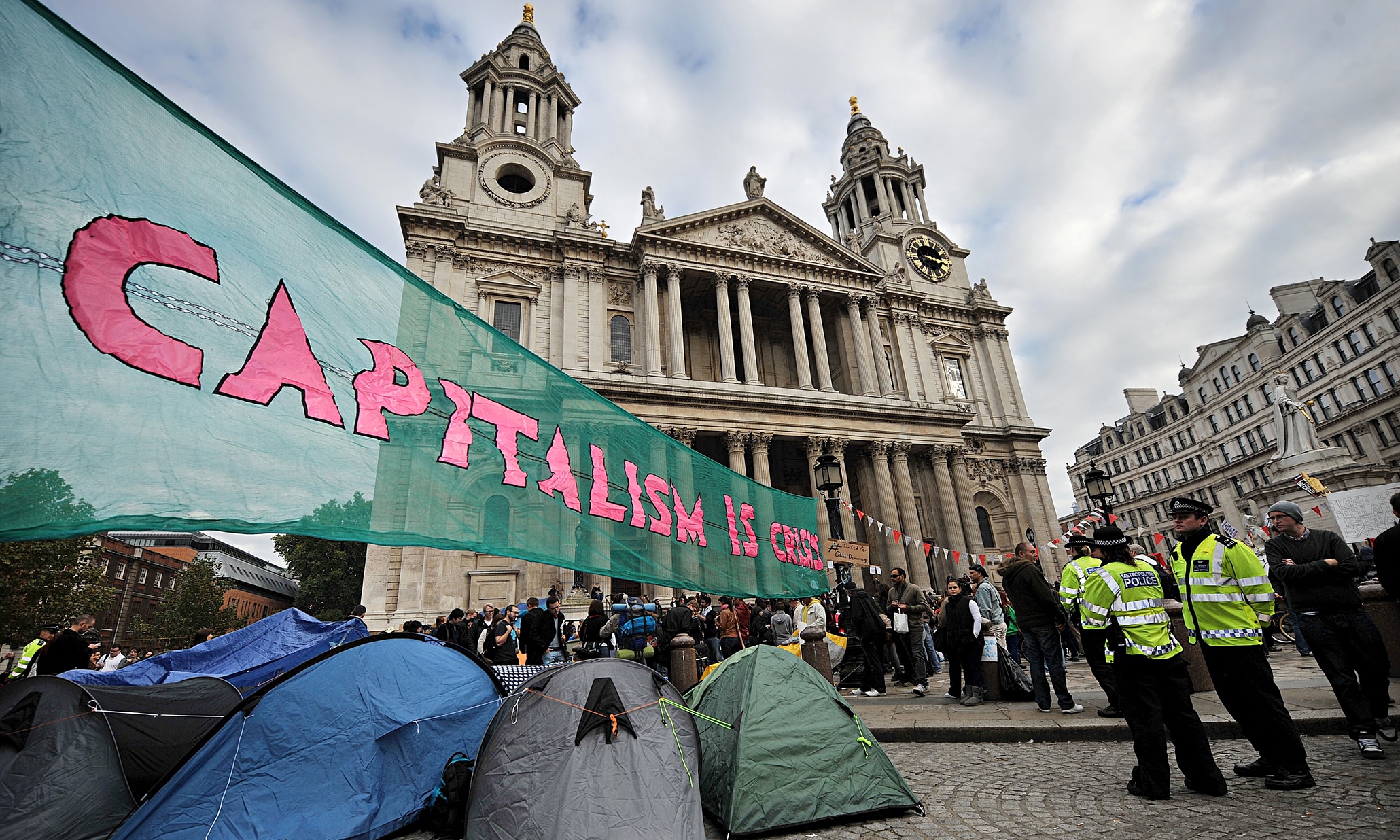A sermon for Michaelmas preached at Evensong - a poetic beginning and ending. The texts were: Daniel 10:4-21 and Revelation 5
Some words by the eighth-century Northumbrian scholar Alcuin: Sequence for St Michael
Hear us, Michael,
Greatest angel,
Come down a little
From thy high seat,
To bring us the strength of God,
And the lightening of His mercy.
And do thou, Gabriel,
Lay low our foes,
And thou, Raphael,
Heal our sick,
Purge our disease, ease thou our pain,
And give us to share
In the joys of the blessed.
Underlying the psychedelic imagery and dazzling weirdness of today’s lessons, there are threads of these poetic medieval themes: strength and mercy; light and healing; blessing and joys.
These are themes of consolation.
We long for such consolation, especially as seasons turn with darkening nights and shorter days; especially with the prospect of literal and metaphorical storms.
Angels are associated with the presence of God. In the books of Daniel and Revelation, angels appear as mysterious spiritual beings who dwell in the realms of light.
They remind us that we live in eternal day. Though Christ, darkness has been banished. In his death, death dies.
Our old foe no longer has the final word: laid low by light and love and life divine.
The angels in this evening’s readings, share in the beauty and holiness of unceasing praise in heaven. They dwell in the nearer presence of God. Yet they also go forth from the holiness on high as messengers. They speak words of protection and peace.
Angels appear in scripture at times when human beings wrestle with their memories, hopes and fears as Jacob did. They bring heaven to bear on earth and help us lay hold on life that is life.
At others times there is obedience and joy as when Mary embraced her call to be the God bearer; and when Joseph took on the role of guardian and protector of wife and child.
They bring courage and strength in the fulfilment of our calling; and whilst we sometimes struggle with the message or find ourselves rendered speechless; we are also blessed by entertaining them unawares in moments of kindness and hospitality.
Part of the consolation of this evening’s readings it the glimpse they give of the imagined unimaginable of heavenly worship.
Revelation speaks of a new song and of myriads and thousands singing with full voice.
The voice of many angels sings one song: giving glory the the Lamb of God, the risen and ascended Lord. The one who is power and wisdom and glory and blessing.
This worship is so all encompassing that the praises of heaven draw all creatures of heaven and earth into one.
God is worshipped, given honour and worth; and in our songs earth and heaven meet.
The worship of heaven is like never stop. It is continually echos the pulse of God’s love for the world. We tune into it when we lift our voices and open our hearts.
As we live and breath in this awesome place, we are swept up in the beauty of holiness; the eternal hymn of praise.
Praise which gives glory to God; but which also raises us up.
Angels teach us that worship is a way of being; an encounter with God changing us from glory to glory.
They remind us of the consolation to be found in tuning into this rhyme and rhythm of love.
Love that speaks of strength and mercy when we are our hearts are turned in on ourselves.
Love that brings to light our hopes and woes and tenderly heals the loneliness within.
Love emboldens and sets free bringing blessing and joy to those who cross our path.
We are changed by love divine. Angels remind us that love we cannot contain or confine.
That love stretches from the medieval scholar to recent poet.
We, unaccustomed to courage
exiles from delight
live coiled in shells of loneliness
until love leaves its high holy temple
and comes into our sight
to liberate us into life.
exiles from delight
live coiled in shells of loneliness
until love leaves its high holy temple
and comes into our sight
to liberate us into life.
Love arrives
and in its train come ecstasies
old memories of pleasure
ancient histories of pain.
Yet if we are bold,
love strikes away the chains of fear
from our souls.
and in its train come ecstasies
old memories of pleasure
ancient histories of pain.
Yet if we are bold,
love strikes away the chains of fear
from our souls.
We are weaned from our timidity
In the flush of love’s light
we dare be brave
And suddenly we see
that love costs all we are
and will ever be.
Yet it is only love
which sets us free.
In the flush of love’s light
we dare be brave
And suddenly we see
that love costs all we are
and will ever be.
Yet it is only love
which sets us free.
© Julie Gittoes 2019


.jpg)









